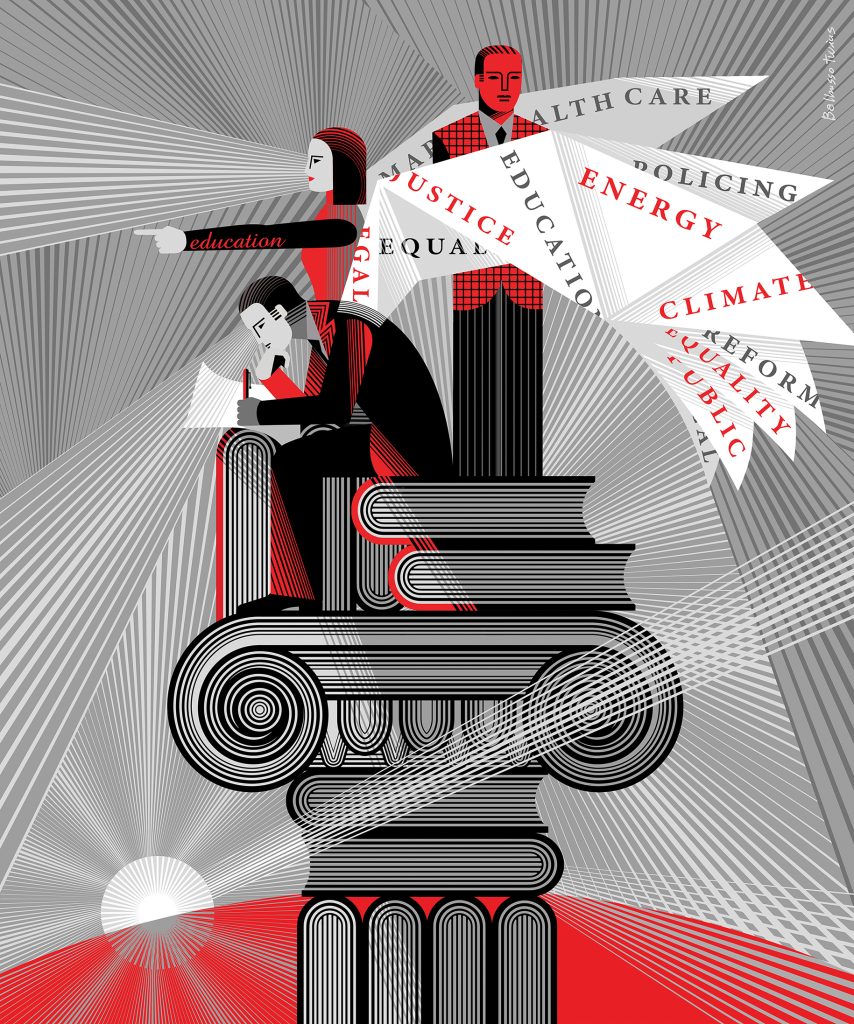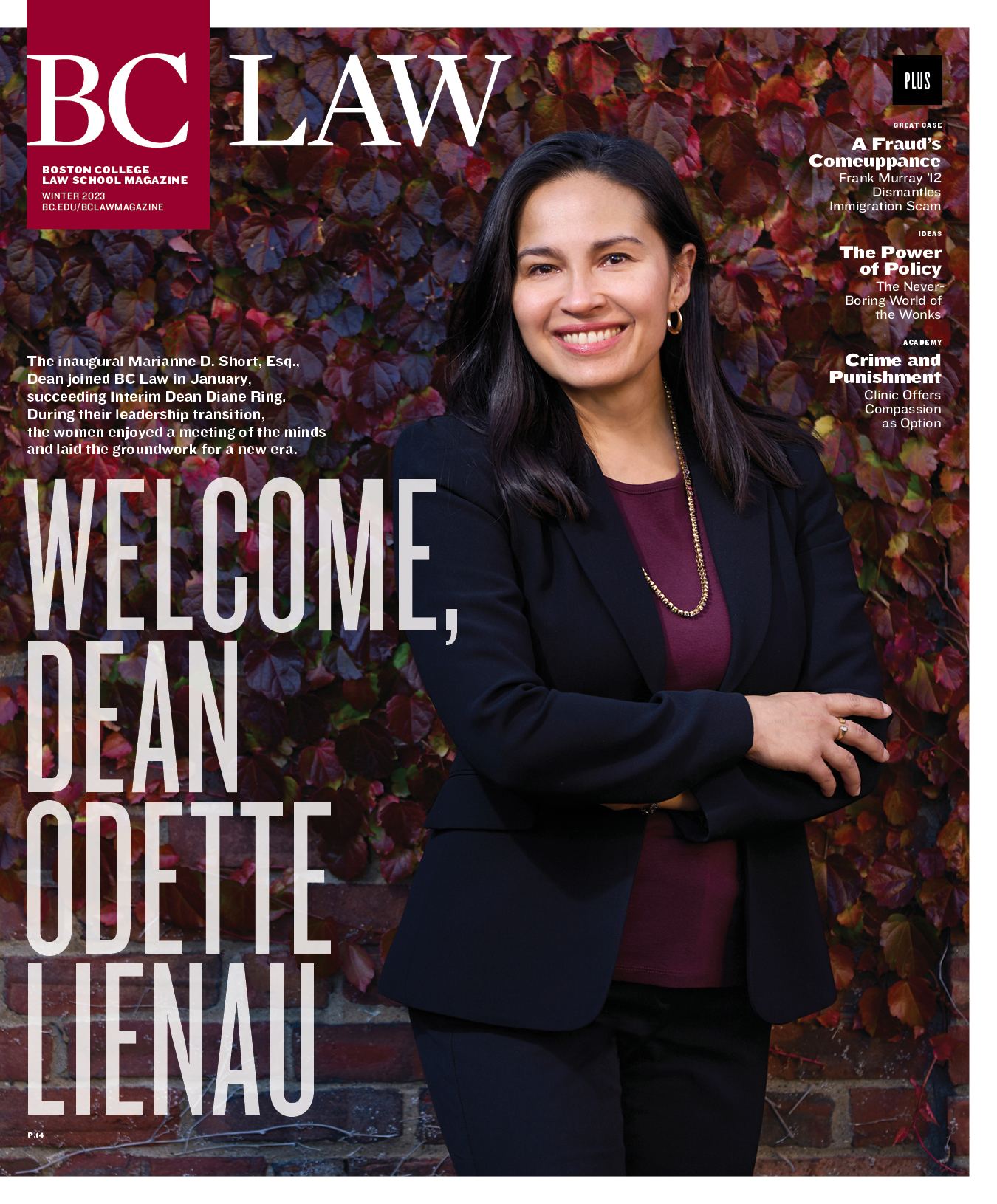Jamie Eldridge’00 knew what he wanted—a career in politics and a law school known as a launching pad for high politicians. With those prerequisites in mind, he entered Boston College Law School and began an ascent that may well put him in line with the likes of Edward Markey ’72, Bobby Scott ’73, and John Kerry ’76.
After graduation and two years as a legal services lawyer, representing low-income residents of Lowell, Eldridge won his first election in 2002. Now a Massachusetts state senator and chair of the senate’s judiciary committee, he not only had his ticket punched at BC Law and acquired skills he uses daily as a legislator, but he also came away with a policy agenda rooted in the values of service to humanity and social justice. A policy whirlwind, Eldridge was lead sponsor of fifty-seven bills in the 2021-2022 legislative session alone. Since 2002, he’s been responsible for reams of laws in areas as diverse as energy and climate, education, public lands, healthcare, marriage equality, criminal justice and policing reform, and free legal services for the poor.
Not every lawyer, of course, chooses a career in policymaking—or the closely related areas of policy advocacy, legislating, and rulemaking—but it’s a good fit for those who want to leave a mark on society and can accept the relatively modest earnings that come with positions in the field. “Lawyers are trained to have keen analytical abilities, the ability to investigate issues, to try to get to the root of a problem and be a problem solver,” explains Elisabeth Medvedow, executive director of the Law School’s Rappaport Center for Law and Public Policy. “Lawyers take on issues and bring them to resolution, which is exactly what policymakers do.”
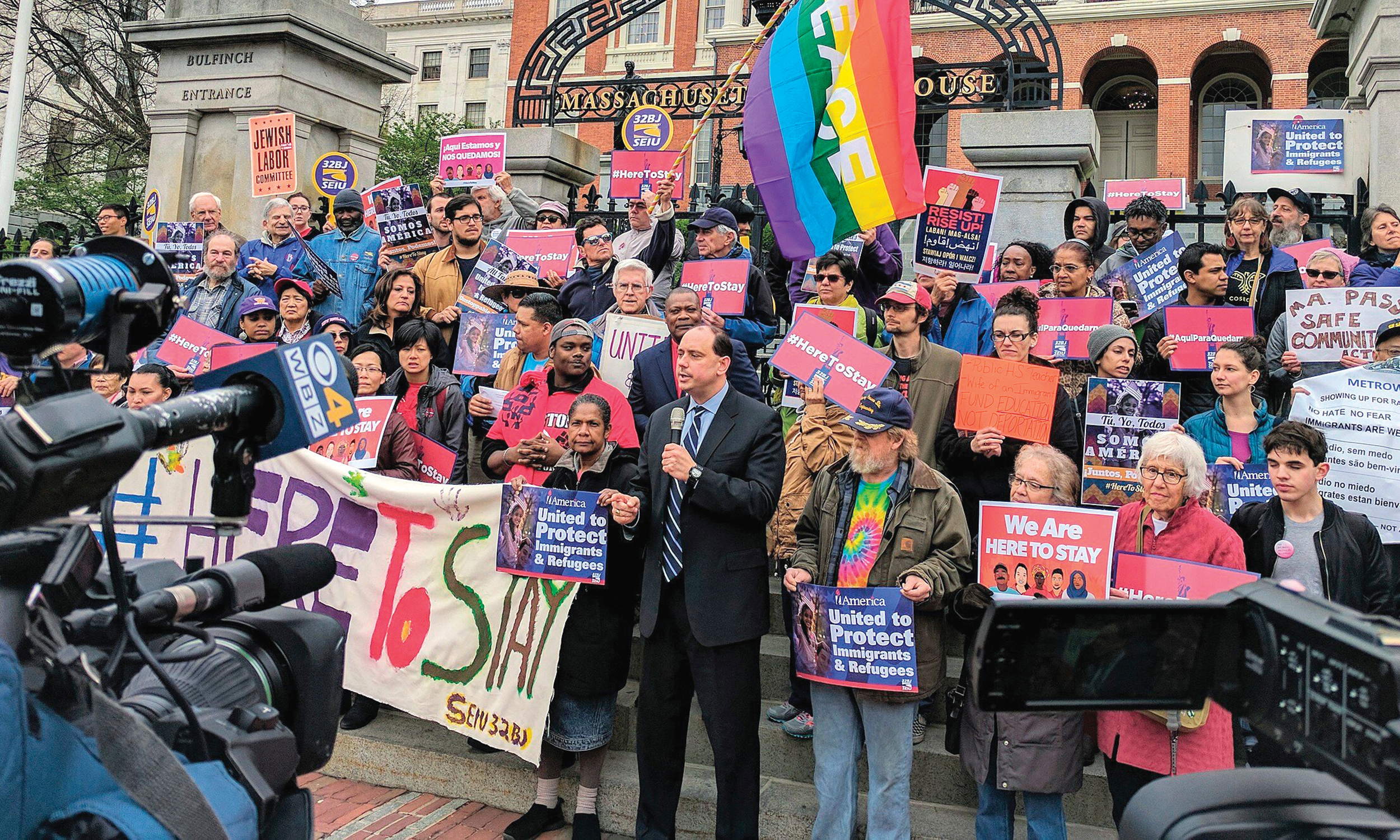
What precisely is policy, and how does it differ from lawmaking or rulemaking? While the concepts overlap, policies articulate a vision for how to approach a problem, whereas laws and regulations are the mechanisms for realizing the vision. As Lou Leonard ’97, dean of the Falk School of Sustainability and Environment at Chatham University, in Pittsburgh, puts it: “If you want to affect the world, you have to translate policy into law.”
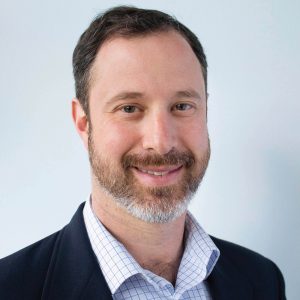
Professor Patricia McCoy, who served in government before joining the BC Law faculty, explains the policy process this way: “When I do public policy, I first ask what goals we’re trying to reach and what values we’re trying to implement. What problem are we trying to solve? How big is it, and who benefits? … Only after we answer those questions do we begin drafting law.”
Take the example of Adam Bovilsky ’04. As the newly appointed executive director of the Norwalk Housing Authority, in Connecticut, he knew that, according to social scientists like Harvard’s Raj Chetty, neighborhoods where housing is segregated by income level suffer in measures of health, education, crime, and economic opportunity. In response to these findings, he adopted a policy favoring the breakup of islands of concentrated poverty. Then, by way of carrying the policy forward, he put in place a rule whereby all new and newly renovated properties owned by the authority would set aside units for limited and moderate income tenants. Because of the rule, sixty-seven units of a 273-unit housing authority property are now market rate, seventy are “affordable,” and the rest for low-income tenants.
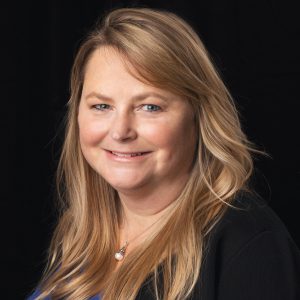
In this example, Bovilsky created both the policy and the rule, but often policy is handed down from on high to an agency or a staff attorney who then drafts the law or regulation. During the Obama presidency, for instance, while serving as director of the US Citizenship and Immigration Services, Leon Rodriguez ’88 was called on to flesh out the administration’s policy of increasing the admission of refugees into the US, especially those from war-torn Syria. Rules drafted by Rodriguez, himself the son of refugees, specified the number of refugees who could come in, what sort of security vetting they’d face, and what support they’d receive as they adjusted to their new home.
As senior counsel to Senator Edward Kennedy, Christine Leonard ’01, another Washington player, not only helped draft the Matthew Shepard and James Byrd Jr. Hate Crimes Prevention Act of 2009, which broadened federal hate crimes law to cover gender, gender identity, disability, and sexual orientation, but she also helped write speeches, talking points, and editorials, explained the need for the law in meetings with House and Senate members, and coordinated with some 250 NGOs in a successful pressure campaign. The bill drew support from members of both parties, and sixty-three senators voted in favor. “We worked hard to find partners,” recalls Leonard, who currently serves as director for legislative and public affairs for the Architect of the Capitol. “It’s been a theme throughout my career to try and build unlikely alliances.”
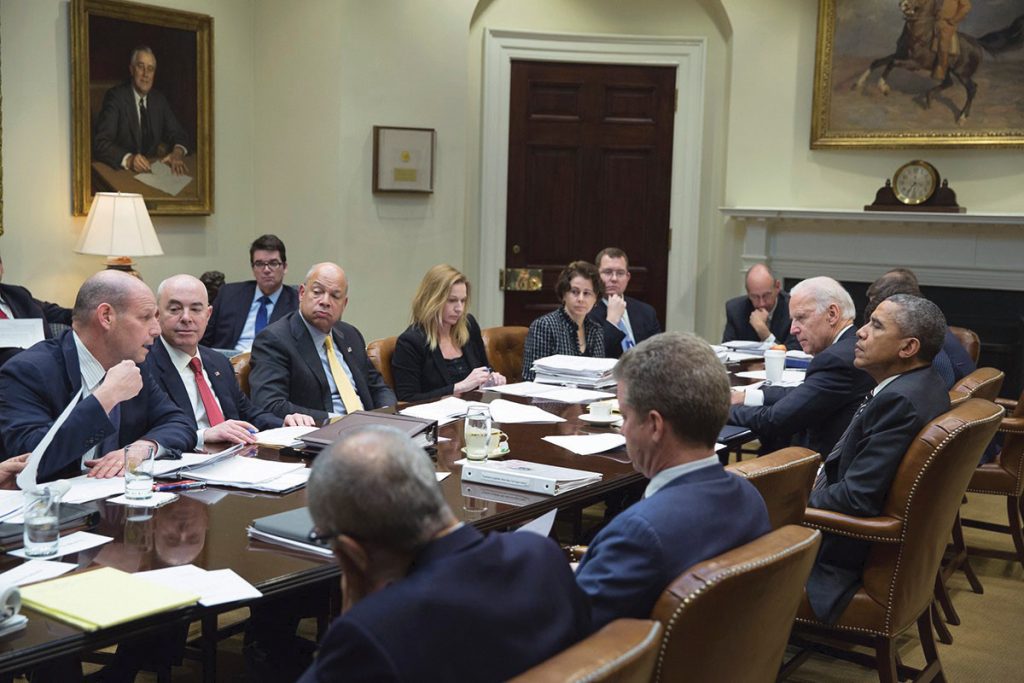
NGOs play a key role in the policy process, and BC Law alumni have also been active in that sector, helping shape government policy in ways that make the country safer, saner, and more humane. In 2015, in the run-up to the international conference that led to the Paris Climate Agreement, Chatham University Professor Lou Leonard, who was then senior vice president of the World Wildlife Fund, met with government officials including Secretary of State John Kerry ’76 and special climate envoy Todd Stern, working with other NGOs to persuade a reluctant Obama administration to submit what he terms an “aggressive plan” for US greenhouse gas reductions.
More recently—in late 2022—Kasey Suffredini ’01, CEO and campaign director of Freedom for All Americans, a lobbying and education group supporting LGBTQ rights, organized support for the Respect for Marriage Act, which codified some marriage rights for LGBTQ and interracial couples. To many pundits’ surprise, the bill received a favorable reception across Congress, garnering votes from twelve Republican senators and thirty-nine House Republicans as well as all Democrats in both the House and Senate. In an earlier campaign, in 2018, Suffredini, a transgender man, served as spokesman for referendum Question 3, which secured transgender rights in Massachusetts. The question passed overwhelmingly, with the support of more than 1,500 local institutions, including hospitals, law enforcement agencies, professional organizations, and every New England professional sports team.
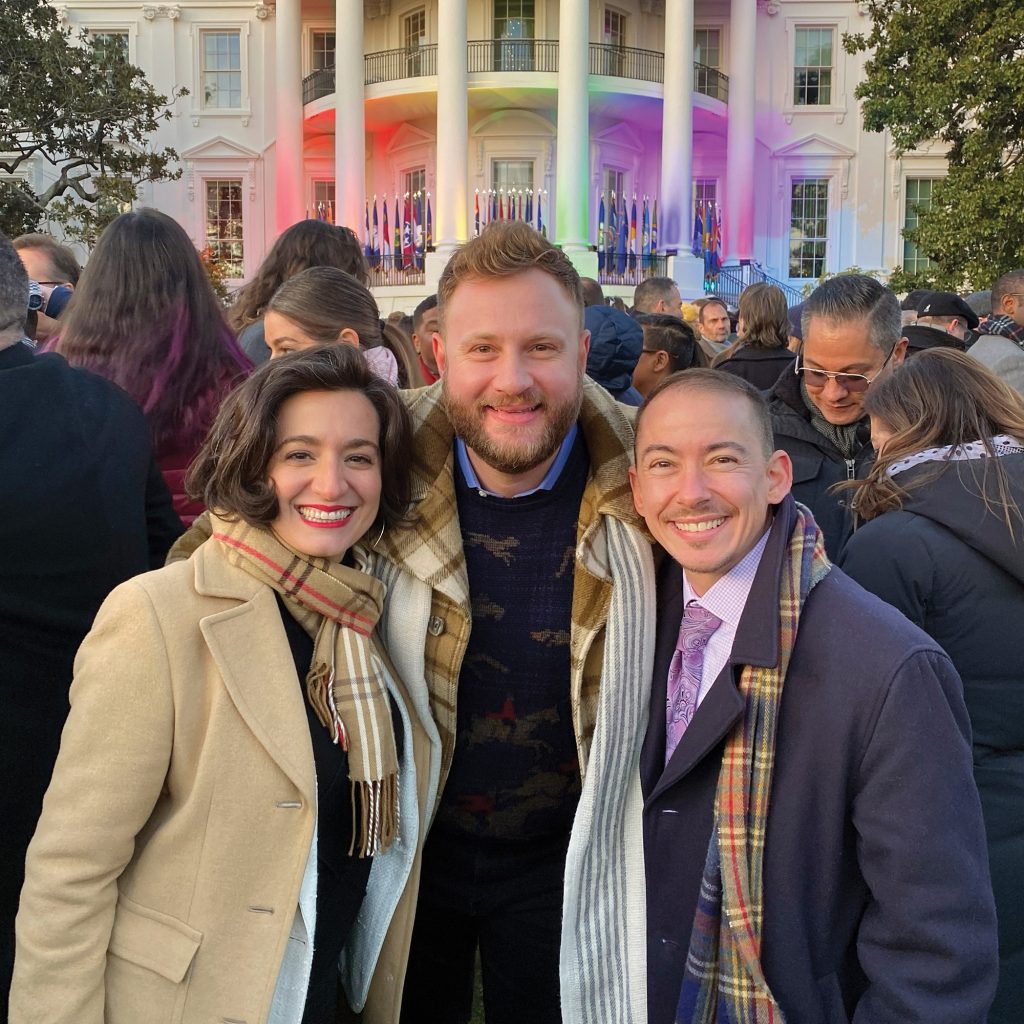
Sometimes advocates make their case so effectively that government invites them inside the tent. Tanisha Sullivan ’02, president of the Boston NAACP, was appointed by the Boston School Committee to co-chair a task force on exam school admissions. The body proposed assigning less weight to standardized tests and more to school grades, and the school committee took the recommendation. “We also recognized that students in poverty and those experiencing homelessness face significant disruptions in their education,” Sullivan says. “So we provided some weight for that in the admissions formula.” The new admissions formula, she says, “has increased the representation of children from working class families” in the elite schools’ last two entering classes.
Early in the pandemic the busy alumna also served on a health equity task force, and then-Boston Mayor Marty Walsh asked her to serve on a police reform commission that created a civilian police review board—with subpoena power. Like her presidency of the NAACP branch and her service on the exam school task force, both were volunteer positions.
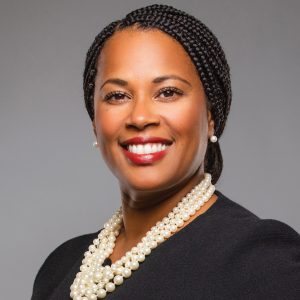
Sullivan, who earns her bread as an in-house counsel in the private sector, also sits on the board of the Law School’s Rappaport Center. While the center doesn’t take any policy positions, it does advocate for policy in general. As executive director Medvedow says, “Our mission is to inculcate the Law School community with the idea that public policy is a good career opportunity for lawyers.”
To that end, the center sponsors conferences, lectures, panel discussions, and visiting professorships that bring policy luminaries such as former governors Martin O’Malley, Daniel Malloy, and Jane Swift, former Senator and US Attorney Doug Jones, and former US Solicitor General Donald Verrilli to campus. The center also runs a fellowship program that pays students from Boston-area law schools to serve as summer interns in policy positions. As a Rappaport fellow during his 1L summer, the Norwalk housing authority’s Bovilsky interned at the Lawyers Committee for Civil Rights of the Boston Bar Association. “I learned a lot about impact litigation—using law not just for individual cases but to change law and policy,” Bovilsky says. Meanwhile, Massachusetts senator Eldridge has gotten help drafting policy and legislation from two Rappaport fellows who interned in his office. “They had a level of legal and policy expertise that has been extremely helpful,” Eldridge says. “It’s part of why I’ve been able to draft so much policy.”
Like NGOs, academia helps shape policy, though it relies less on the power of organizing and more on the power of arguments and data. BC Law boasts a large group of faculty who advocate for policy through their scholarship and media engagement (see below). Professor Thomas Mitchell, for example, who had pioneered the study of property law as it applies to Black farmers in the rural South, was invited by the ABA’s Uniform Law Commission to lead the drafting of a model statute designed to protect inheritors of real property from predatory speculators.
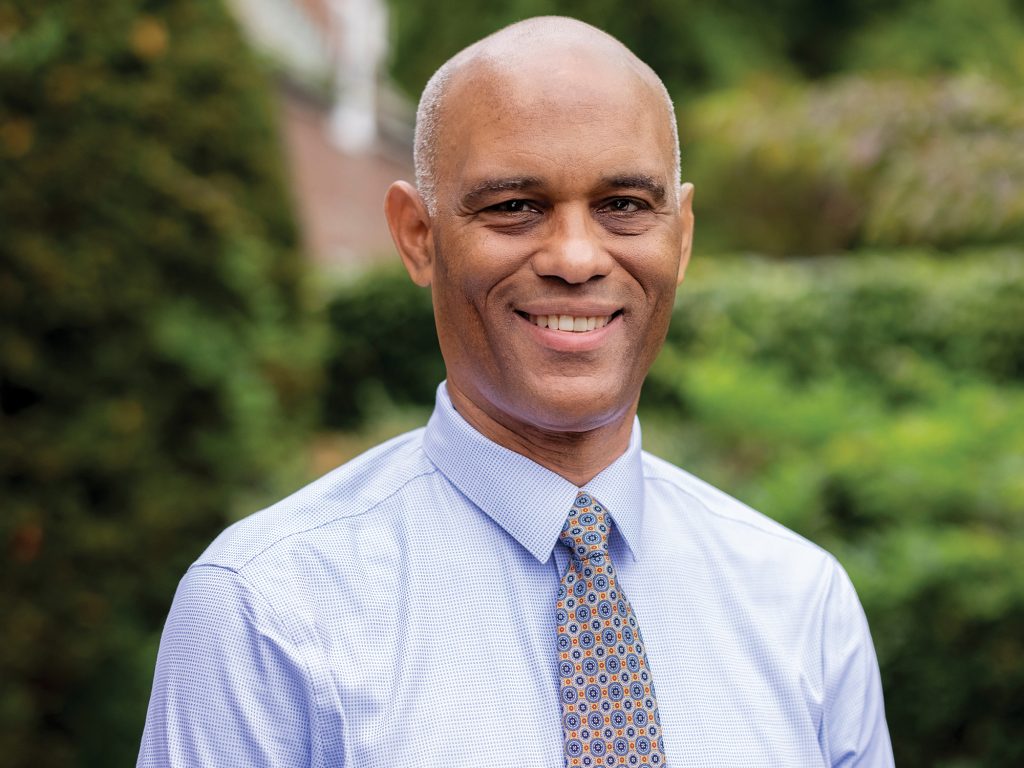
Among other key measures, the statute requires court-ordered property sales to take place through traditional real estate listings, not at public auctions that typically result in fire-sale prices. Mitchell’s work has been chronicled by some 150 media organizations, drawing attention to the issue nationwide. So far, twenty-two states from Texas to Hawaii to New York (plus the District of Columbia and US Virgin Islands) have already adopted the model statute, with a dozen more seriously thinking about it. According to feedback from the field, Mitchell says, court-ordered property sales in states with the statute “are generating substantially more money now.”
Some faculty also come from policy backgrounds. During the Obama administration, Professor McCoy, co-author of a book, The Subprime Virus, which showed how lending and investment practices made the Great Recession virtually inevitable, joined a new federal agency, the Consumer Financial Protection Bureau, which was designed to rein in those practices. There, McCoy led a policy process that resulted in a rule requiring lenders to verify mortgage applicants’ ability to pay and oversaw the plain-language revision of disclosure forms provided to mortgage applicants. McCoy is now working on another book (working title: And Economic Well-Being for All), which lays out policies designed to improve the lot of working Americans.
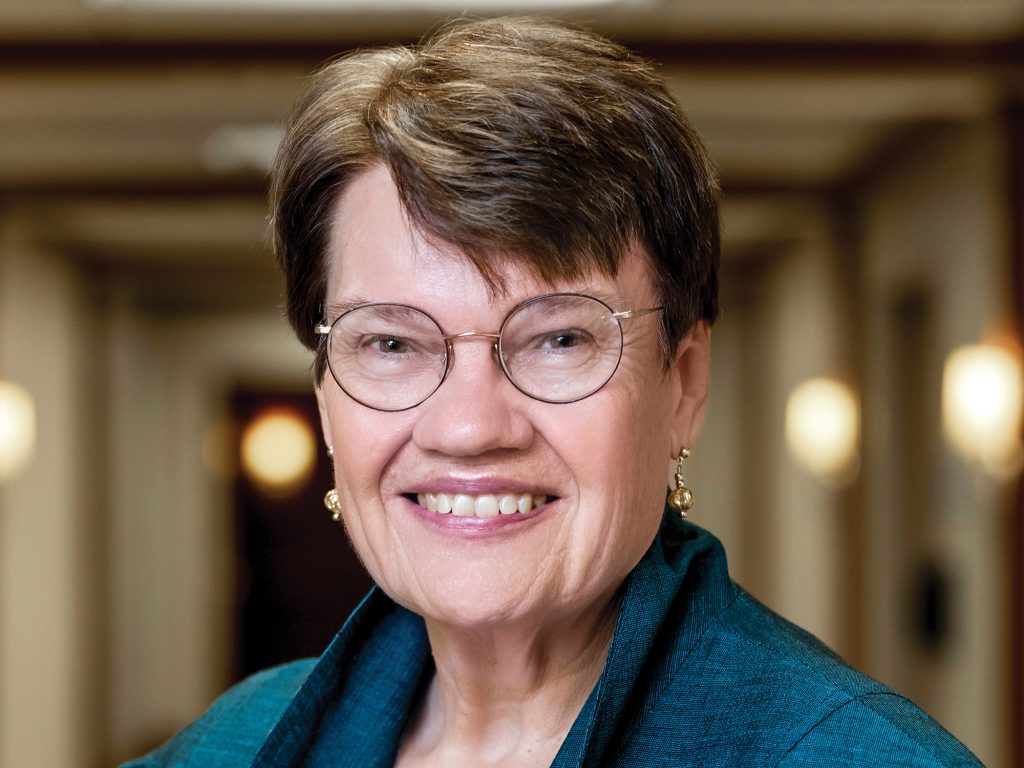
Faculty interest in policy, and particularly the use of policy to benefit humanity, has rubbed off on alumni. “I’m Jewish, but the Jesuit tradition of Boston College in its entirety really did infuse the school,” says Leon Rodriguez.” It taught me the value of service to others, and in particular the marginalized, and that influenced so many aspects of what we did at law school.”
In criminal procedure class, “we talked about not just how to [impeach] a witness identification but also about a system where witnesses can be misled, not always deliberately, into making a false identification,” recalls Bovilsky. “When we learned corporate law, we discussed the history of corporations, how they were originally organizations to advance the general good, so you could build a water system without being sued. We then compared that with today’s corporations, where law prevents the owners from being sued even in cases where they probably should be.”
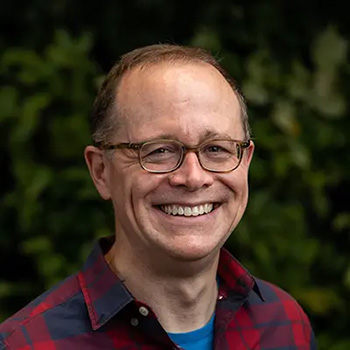
Adds the NAACP’s Sullivan, “When you’re asked to be men and women for others, it’s more than just an idea. We’re encouraged to do it.”
Suffredini dates his activism back to the days when, with the help and encouragement of Professors Kent Greenfield and Alan Minuskin, he and three classmates led a campaign against the Solomon Amendment, which required universities to grant access to military recruiters. “I had no problem with the military, per se,” Suffredini says, “but Don’t Ask, Don’t Tell”—a policy that prevented openly LGBTQ people from serving—“was in effect, so by forcing the school to accept the recruiters, the law was forcing it to discriminate.” The students built a national committee to repeal the law. “I learned how to move a bill through Congress, how to build coalitions, how to launch a letter-writing campaign,” says Suffredini. “Cutting my teeth on these issues in a Jesuit University taught me how to find common ground across difference, to help someone who never knew someone like me become comfortable with a gay or transgender person and become powerful allies for LGBTQ people.
“You can teach the rudiments of policy,” he adds, “but BC Law inculcates the soft skills around the sense of justice that few other law schools teach.”



